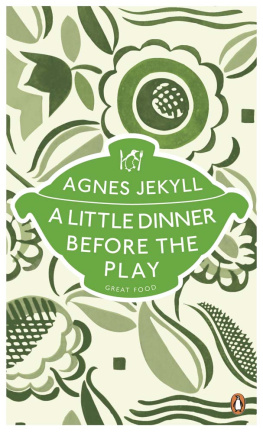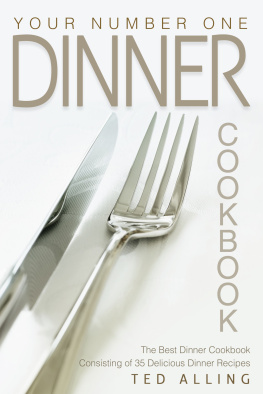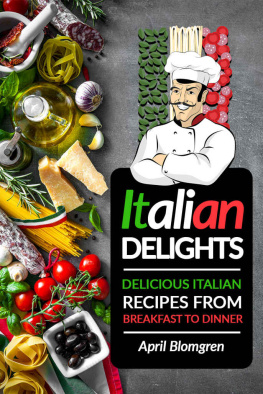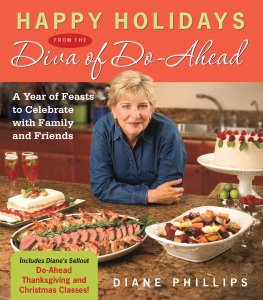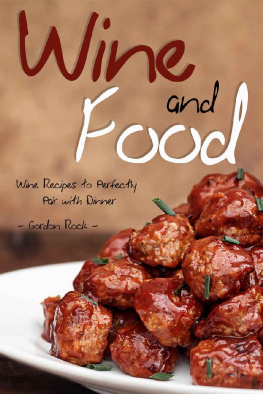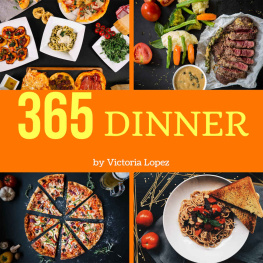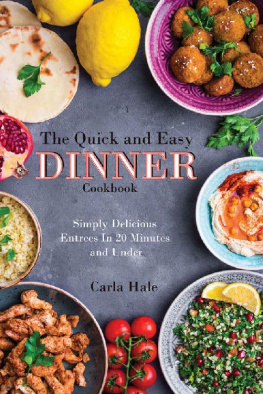A Little Dinner Before the Play
AGNES JEKYLL
PENGUIN BOOKS
PENGUIN BOOKS
Published by the Penguin Group
Penguin Books Ltd, 80 Strand, London WC2R 0RL, England
Penguin Group (USA) Inc., 375 Hudson Street, New York, New York 10014, USA
Penguin Group (Canada), 90 Eglinton Avenue East, Suite 700, Toronto, Ontario, Canada M4P 2Y3 (a division of Pearson Penguin Canada Inc.)
Penguin Ireland, 25 St Stephens Green, Dublin 2, Ireland
(a division of Penguin Books Ltd)
Penguin Group (Australia), 250 Camberwell Road, Camberwell, Victoria 3124, Australia
(a division of Pearson Australia Group Pty Ltd)
Penguin Books India Pvt Ltd, 11 Community Centre, Panchsheel Park, New Delhi 110 017, India
Penguin Group (NZ), 67 Apollo Drive, Rosedale, Auckland 0632, New Zealand
(a division of Pearson New Zealand Ltd)
Penguin Books (South Africa) (Pty) Ltd, 24 Sturdee Avenue, Rosebank, Johannesburg 2196, South Africa
Penguin Books Ltd, Registered Offices: 80 Strand, London WC2R 0RL, England
www.penguin.com
The Kitchen Essays first published 1922
This extract published in Penguin Books 2011
All rights reserved
Cover design based on a pattern by Truda Carter from Poole Potterys pattern books, GC series, c. 1934. (Photograph copyright Dorset History Centre.)
Picture research by Samantha Johnson
Except in the United States of America, this book is sold subject to the condition that it shall not, by way of trade or otherwise, be lent, re-sold, hired out, or otherwise circulated without the publishers prior consent in any form of binding or cover other than that in which it is published and without a similar condition including this condition being imposed on the subsequent purchaser
ISBN: 978-0-24-195094-4
PENGUIN BOOKS GREAT FOOD
A Little Dinner Before the Play
From 1921 to 1922 AGNES JEKYLL (18601937), sister-in-law of Gertrude Jekyll, wrote a series of essays for the Times newspaper with titles such as Tray Food and Sunday Supper. A volume of these cookery columns was published as the The KitchenEssays in 1922. A celebrated hostess, Lady Jekylls first dinner party included among its guests Robert Browning, John Ruskin and Edward Burne-Jones. Full of insight, wit and comfort, Kitchen Essays champions the idea that cooking should always fit the occasion and temperament.
Some Breakfast-Time Suggestions
Breakfast is the most difficult meal of the day, whether from its social or its culinary aspect. Many of us feel like thatman who, meeting a bore, said, If you have got anything to say to me I wish you would kindly say it to somebody else. Ourreluctant consciousness, but newly returned from a dream world, shrinks from all but the gentlest contacts. Praise me nottoo much, as Odysseus said to Diomed, neither find fault with me at all, and the greetings of melancholic and dissatisfiedindividuals can, like the cry of the curlew in Miss Barlows Irish idyll, set our whole mental landscape into a minor keyfor the rest of the day.
Not that we may permit ourselves too churlish a licence, as did that misanthrope asked by his talkative barber how he wouldwish his hair cut. In perfect silence, came the discouraging reply! Fortunately there are some rare companionships whichnever come amiss, and their presence, even at the breakfast table, breeds perpetual benediction some bright spirits whocan irradiate the gloom of the most cheerless morning, even as the lark who meets the rain half-way and sings it down.
A cordonbleu cannot be at her best very early in the day; and as for a chef, he will unblushingly delegate his duties to his understudy.It is wise, therefore, to aim at simplicity, but, within its limits, to strive after perfection. Above all things, breakfast must be hot, and many breakfasters resemble Belconan the West Indian, who said of himself: No one sinswith more repentance, or repents with less amendment, than do I. That long metal food-warmer with spirit lamps known as theSluggards Delight, whereon porridge, coffee, and hot dishes can be kept palatable, is a great help. Insist on a hot-waterkettle of real efficiency, on a tea-caddy which will contain a delicate as well as a pungent blend of tea, more than one tea-pot,and a small saucepan over a spirit lamp for boiling eggs, with an hourglass standing sentry near by. Readers of Jane Austenwill remember Serles unrivalled success in this minor art, and can emulate his skill. The French prefer eggs boiled in waterrising from warm to boiling, instead of rushing them through by our rapid three minutes process. But this claims, perhaps,overmuch attention from a busy hostess. Good coffee may come from Arabia or India, from the Blue Mountains of Jamaica, orvia France with an admixture of chicory; but its flavour and excellence will be derived from daily careful roasting and grinding,a truism universally admitted and habitually disregarded. A fireproof jug of ample proportions with wide ventilated top shouldkeep the milk hot without boiling over; and if you can persuade your kitchen to follow what used to be a universal practicein the northern coffee-drinking countries, the day will begin pleasantly for you.
FROTHED COFFEE.
Take 2 large tablespoonfuls of cream and froth it well with an egg-whisk, and pour it on the top of the hot milk just before serving. Each cup will get some of the foaming milk and both look and taste the nicer; and for a thin orspecially deserving individual a spoonful can be surreptitiously skimmed off to cream a favoured cup. Having experienced this,you will not again sit down under the thick yellow blanket of scum which embarrasses all and disgusts many.
Toast, to be good, demands a glowing grate, a handy toasting-fork, and a patient watcher counsels of perfection indeed,for the ideal rack is like friendship and the immortality of the soul, almost too good to be true. An anxious bride, humiliatedby the sort of toast only a starving sparrow could relish, wrote to one learned in such matters, asking for a trustworthyrecipe. Cut a slice of bread, hold it before the fire, and say incantations, was the unhelpful but only advice vouchsafed.An electric griller can be used successfully by those who can successfully use such contraptions, but the elemental toasting-fork,the patient watcher before the fire, and a go-between, with the honour of the house at heart, are really the truest solution.
Here is a tried recipe for Brioches, very popular last summer on a big steam yacht, and worth the little trouble and practice required, especially for thoseof Continental breakfast habits.
Take lb. flour, less than lb. butter, 1 oz. sugar, pinch of salt, 3 eggs, oz. bakers yeast. Weigh the flour and putone quarter of it in a basin with sufficient tepid milk to mix into a light dough. Put aside to rise for ten minutes. Putthe rest of the flour into a basin, make a hole for sugar, eggs, and salt beaten together, and now mix in the butter lightly. When this sponge is ready, add to it thesmaller quantity of flour with yeast, knead, and leave in a cool place. Next morning form into small cakes of cottage-loafshape, the lower part as big round as a claret glass, the upper of sherry-glass size, and bake. This quantity will make twelvebrioches.
Here is a popular Marmalade, that first necessity of the Englishmans breakfast-table, which so perplexed the French commissariat in 1914.
Cut 13 selected Seville oranges into thin slices, removing only the pips; pour 6 quarts of water on, and let it stand 24 hours.Empty all into the preserving pan and boil slowly for 2 hours. Add 10 lb. loaf sugar, and boil up again for 1 hour. Just beforetaking off add the juice of 2 lemons. If the preserve is required dark and thick, the rind of the oranges should be scrapedbefore slicing them and added with the sugar.

